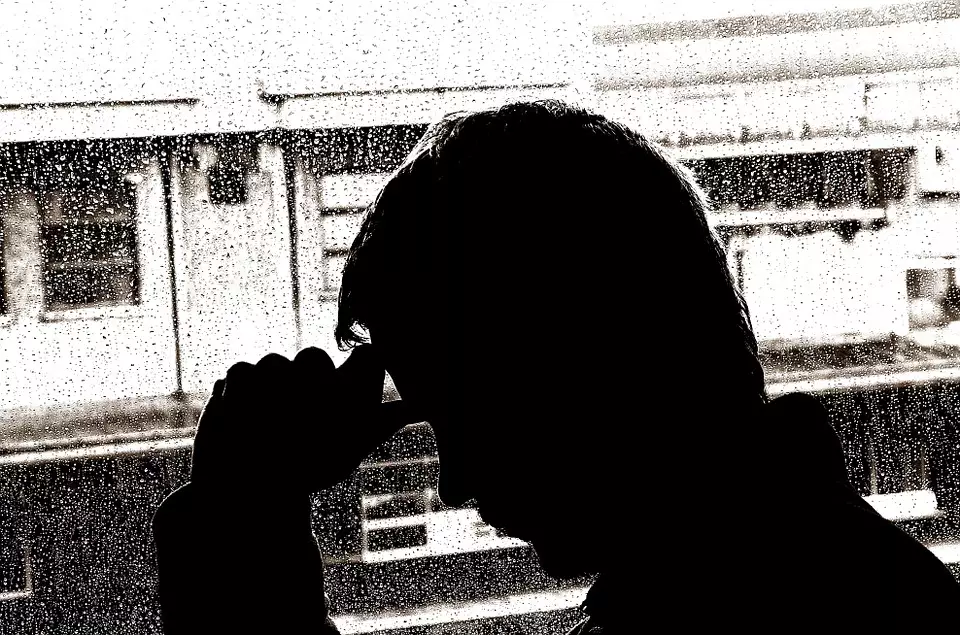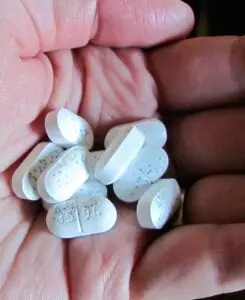Over 30,000 Americans die each year as the result of opiate use. Recent studies have shown that the risk of suicide doubles for men with opiate addiction and women are 8 times more likely to complete suicide if they have an opiate abuse problem. Opiates raise your risk of depression, while depression may raise your risk of abusing opiates, making it a vicious cycle. All demographics are affected regardless of income, race, sex, religion, and occupation. The risk exists for everyone addicted to opiates.
Are You At Risk?
Symptoms of opiate addiction vary and include physical and behavioral traits. Below are lists of common symptoms those addicted to opiates face.
Physical Symptoms
- Itching
- Nausea
- Exhaustion
- Sweating
- Constipation
- Euphoria
- Constricted pupils
Behavioral Symptoms
- Irritability
- Mood swings
- Anxiety
- Withdrawnness
- Social isolation
- Feelings of desperation or suicidal ideation
- Reckless behavior
 Recovery and Suicidal Ideation
Recovery and Suicidal Ideation
Recovery is a tumultuous time for an addict. For so long an addict has relied on substances for happiness and relearning this skill while sober can be difficult, but it can be accomplished. Recovery is a long journey that can appear overwhelming at the beginning. This journey often includes major lifestyle changes and may require the addict to remove themselves from certain social situations, which can lead to feelings of isolation and despair. An addict is dealing with both physical and psychological healing while recovering.
What You Can Do
If you are feeling hopeless reach out. Speak with your partner, friend, colleague, or doctor. Do not face these feelings alone and know that there is treatment. Use specific words to explain your feelings or write them down if speaking is too difficult. Remember that suicidal feelings are temporary and emotions change. There are highly qualified professionals who are there to help, not to judge or condemn. They have successfully helped others with these feelings. Getting help is the most critical step in ending addiction and preventing suicide.
Rehab programs like Oxycodone treatment in Florida can be just the thing needed for some people to end an opioid addiction. Contact us now to learn how to get started.

 Recovery and Suicidal Ideation
Recovery and Suicidal Ideation 